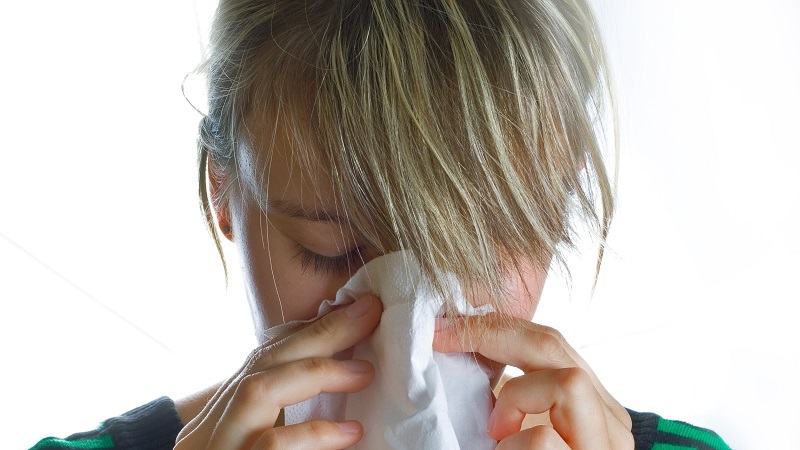Histamines are commonly known for the key role they play in allergies, but they have recently been linked to medical ailments like depression and rare diseases.
Scientists are beginning to discover that histamine may play a role in an extensive array of body processes, while immunology is proving an effective treatment against allergies.
“Allergy shots still are a thing and still are very effective," Dr. Brian Lee of Scottsdale Sinus and Allergy Center told Arizona Business Daily. "It is once a week that the patient has to come into the office, so it can be pretty cumbersome and intrusive into daily life. We offer what we call sublingual immunotherapy, which is essentially the same principle. Meaning that we've tested for allergies, we figure out what you're allergic to and we make a special, customized serum of that stuff. Then we start feeding your body small amounts of it. Traditionally, you had to come into the office once a week for a shot. But now we can actually do those in the form of a drop that you put under your tongue. You do those at home every day. And we're we're able to allow you to do that home because they're extremely safe. The risk of an anaphylactic reaction is essentially zero. So you get the same benefits. But without all the hassles of having to come in for a shot every week.”
WebMD recommends trying home remedies for sinus headaches. Knowing what you’re allergic to involves getting tested for allergies. Allergy medications (both prescribed and over the counter), alternative treatments and immunotherapy or allergy shots are treatment options, though there is no known cure for allergies.
Allergen immunotherapy is the process of desensitizing the body to allergens by gradually increasing exposure. Subcutaneous immunotherapy is highly effective, especially against seasonal allergies, according to Current Treatment Options in Allergy.
Using computer-mined data from the Journal of Cellular and Molecular Medicine, scientists have concluded there are more than 25 rare diseases related to histamine physiopathology.
Histamine is also responsible for an astonishing number of processes in the body, according to SelfDecode. Its levels have both positive and negative effects on mood, motivation and stress management.
Histamine begins the body's reaction to sinus allergies, according to WebMD. During this process, patients might feel the familiar postnasal drip and possible sneezing. Further in the process, histamine causes nasal inflammation, which signals to the body to produce even more immune responses to fight the allergen.
Research reported by Science Daily may be on the verge of a medical and psychological breakthrough. Imperial College London and the University of South Carolina conducted a study on mice and concluded there is a direct correlation between serotonin, the feel-good molecule, and histamine in the brain.
Statistically speaking, about 50 million Americans suffer from allergies each year, according to the American College of Allergy, Asthma & Immunology.
To learn more about the information in this article or to take a sinus assessment, visit Scottsdale Allergy and Sinus Center.

